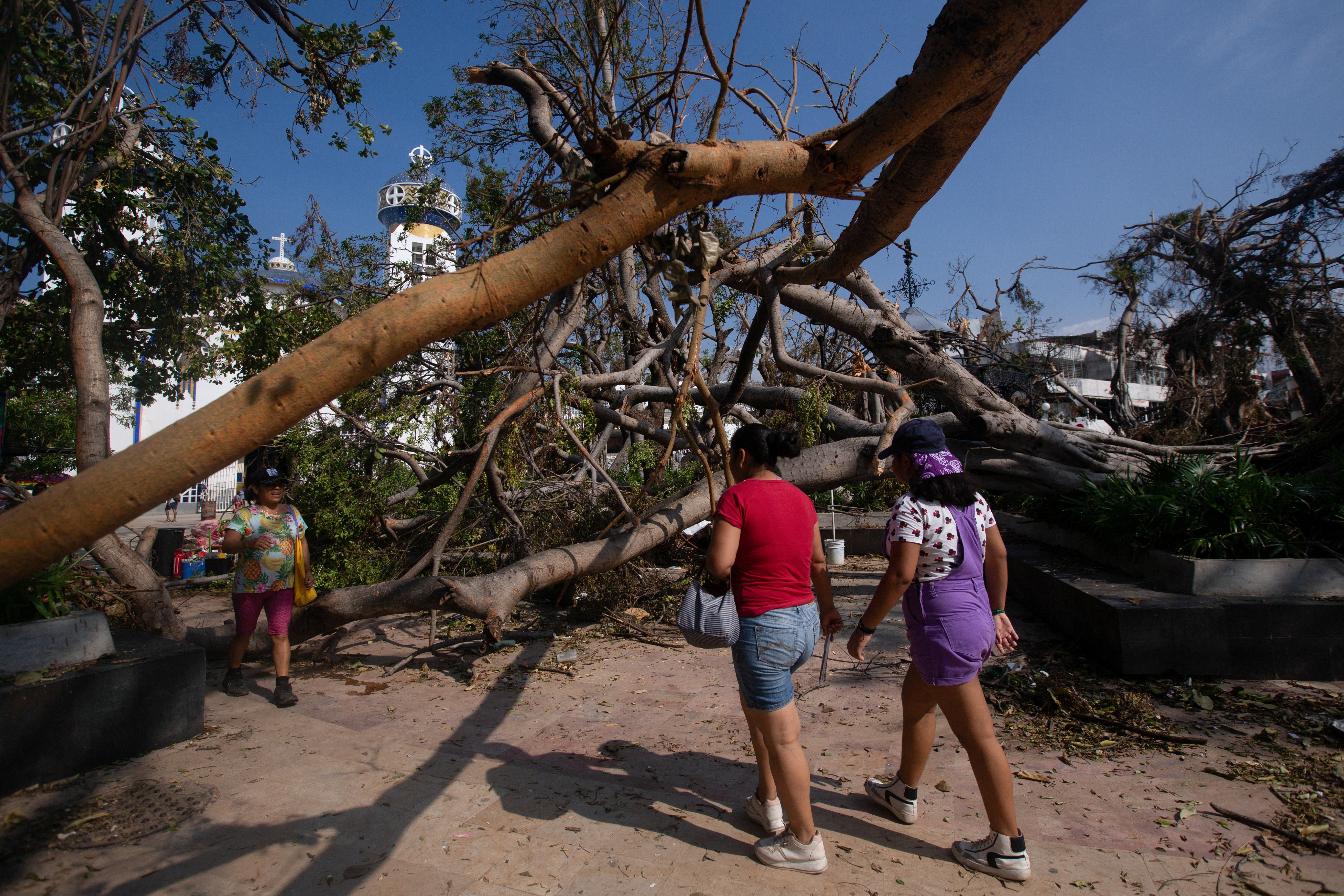43: The death toll in Acapulco following Hurricane Otis now stands at 43. Another five were killed in nearby Coyuca de Benitez, and dozens of people remain missing. Authorities say more than 220,000 homes and 80% of the hotel sector have been damaged, while more than 513,000 people have lost power.
180,000: An estimated 180,000 people marched on Saturday in a Taipei Pride march – East Asia’s largest – including the country’s leading presidential candidate. The most senior government official to ever attend, Vice President Lai Ching-te declared, "Equal marriage is not the end — it's the starting point for diversity. I will stand steadfast on this path."
42,000: Approximately 42,000 migrants from India crossed the southern US border illegally between October 2022 and September 2023, according to data compiled by the US Customs and Border Protection. That’s more than double the previous record number from the same period a year earlier. An additional 1,600 have crossed illegally from the northern border, four times the number who crossed in the last three years combined.
4: In what was described as an epic, rainy seesaw of a match, South Africa won its fourth consecutive world rugby title, beating New Zealand 12-11. No team has ever won four titles, making South Africa’s Springboks the undisputed rulers of rugby.
1: Let’s move to Sweden! In a ranking of 87 countries by cost of living, Numbeo ranked Sweden number one for affordability, safety, and overall quality of life. The cost of living in Sweden is, on average, 20.9% lower than in the United States, while renting is 57.5% lower.
